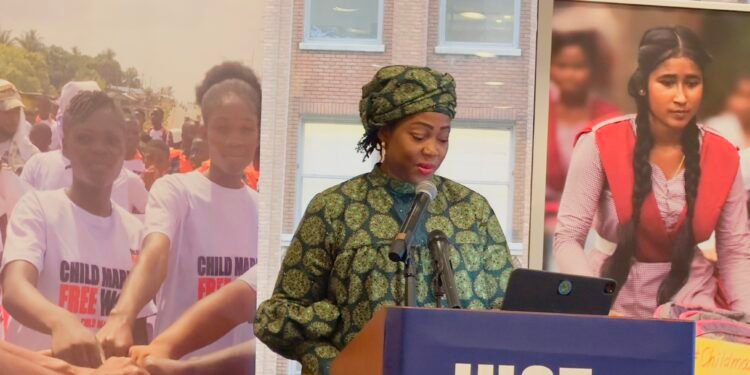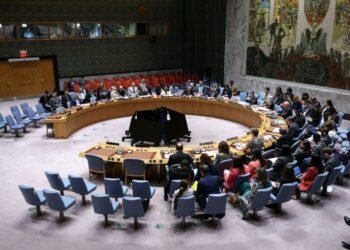NEW YORK : During UN General Assembly Week, Just Rights for Children (JRC), a global civil society network dedicated to ending sexual crimes against children, convened world leaders in New York to strengthen enforcement, share best practices, and build momentum toward achieving Sustainable Development Goal 5.3: ending child, early, and forced marriage by 2030.
The high-level side event, “Creating a Child Marriage-Free World: Building the Case for Prevention, Protection, and Prosecution,” centered survivor voices, showcased legal reforms, and launched the global Child Free Marriage Campaign, designed to build the world’s largest civil society coalition against child marriage.
On the sidelines of the UNGA, JRC India’s largest child protection network with over 250 NGOs also launched its landmark report, Tipping Point to Zero: Evidence Towards a Child Marriage Free India. The report reveals a historic decline in child marriage 69% among girls and 72% among boys driven by strong law enforcement, grassroots awareness, and community participation. With India positioned at the brink of ending child marriage by 2030, the findings highlight its journey as a global blueprint for achieving a child marriage free generation.

Bhuwan Ribhu, founder of JRC, urged governments, civil society leaders, and jurists to act with urgency: “Child marriage, abuse, and violence are not just wrongs, they are crimes. The end of child marriage is not only possible but imminent if the global community works together to enforce laws and transform social norms.”
H.E. Dr. Fatima Maada Bio, First Lady of Sierra Leone and President of OAFLAD, was honored with JRC’s first Champions of Change Award for her role in advancing Sierra Leone’s Prohibition of Child Marriage Act of 2024. Accepting the award, she dedicated it to her people: “It belongs to every community leader, teacher, activist, and parent who believes that girls deserve better.”
Other distinguished speakers included Dr. Najat Maalla M’jid (UN Special Representative on Violence Against Children), Isabelle Rome (Ambassador-at-Large for Human Rights, France), Ms. Carren Ageng’o (Government of Kenya), and representatives from UN Women, Norway, and RFK Human Rights.
A survivor from Zimbabwe movingly shared: “At 17, my childhood ended. The scars that hurt most are not the visible ones, but those that break the mind. Support through education and counseling saved my life.”
Despite legal bans in many countries, one in five girls worldwide is still married before 18, with a girl married every three seconds, UN experts warned. Root causes poverty, conflict, inequality, and humanitarian crises continue to drive the practice.
JRC’s work already shows measurable impact: between April 2023 and September 2025, its partners prevented or stopped more than 390,000 child marriages in India, rescued over 105,000 children from trafficking and forced labor, and filed more than 70,000 cases against perpetrators.
The event underscored that ending child marriage is not only a moral imperative but also a matter of justice, equality, and human rights with India’s progress offering hope and lessons for the world.
-WNN





















